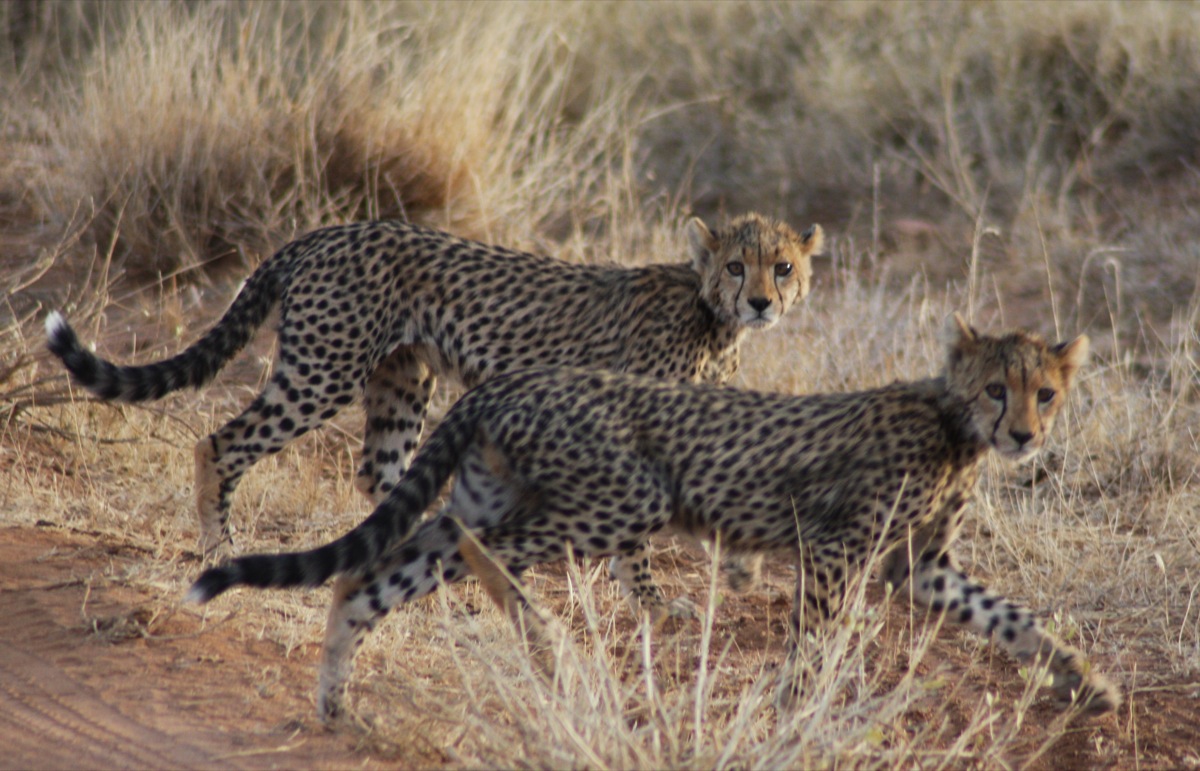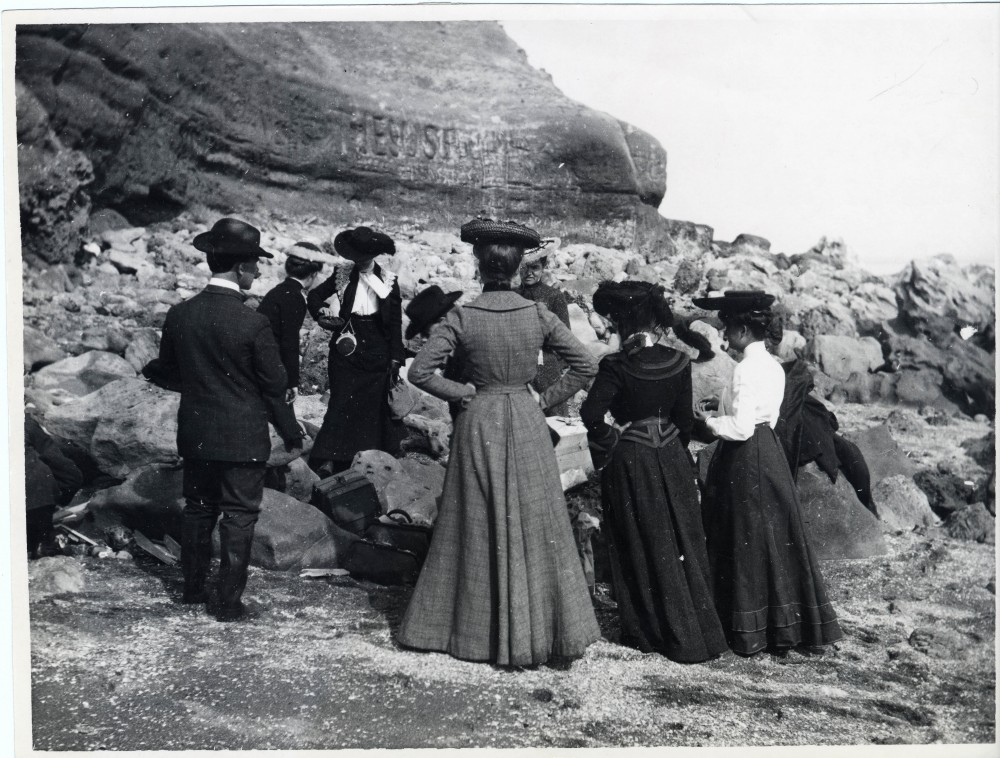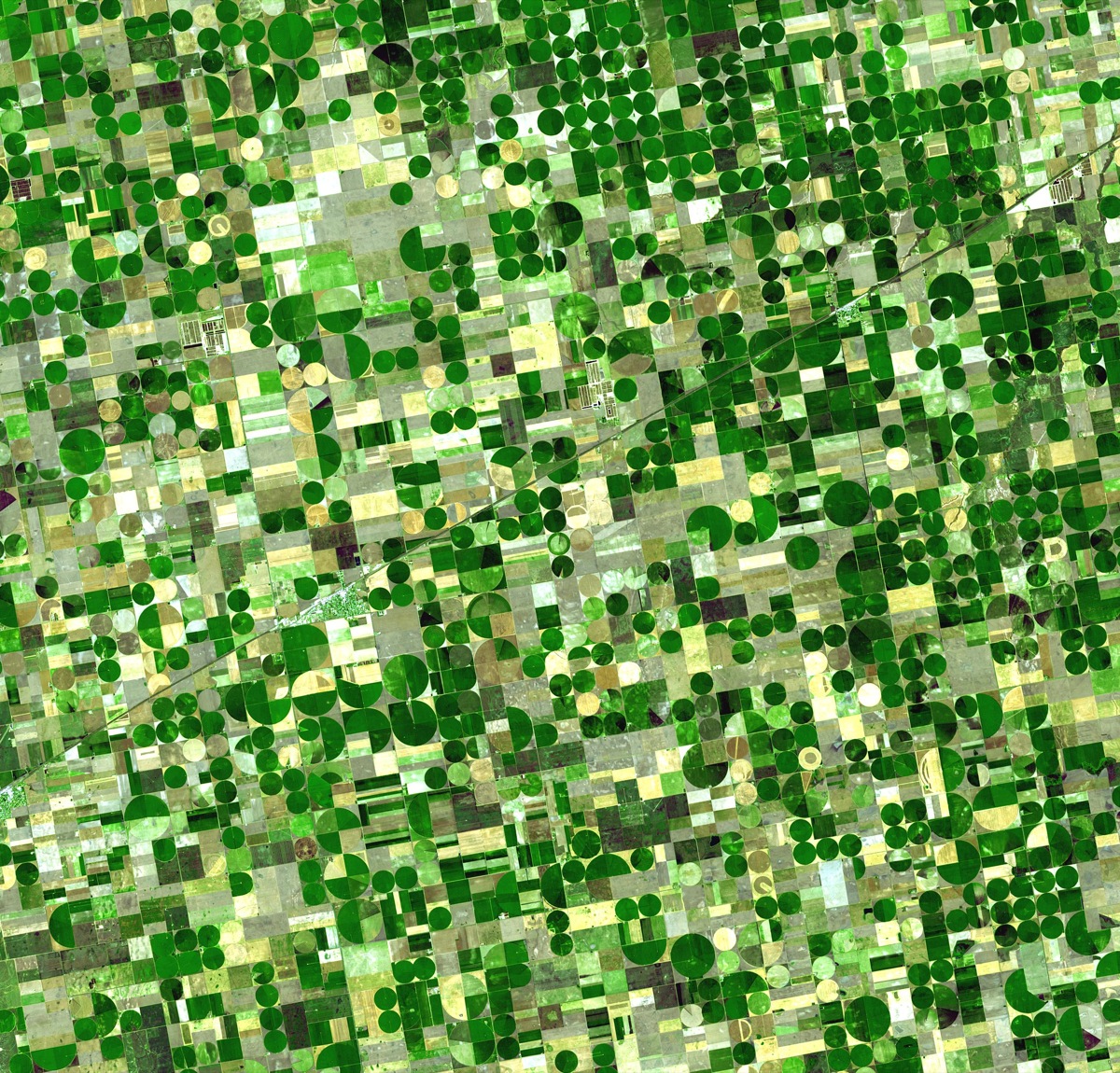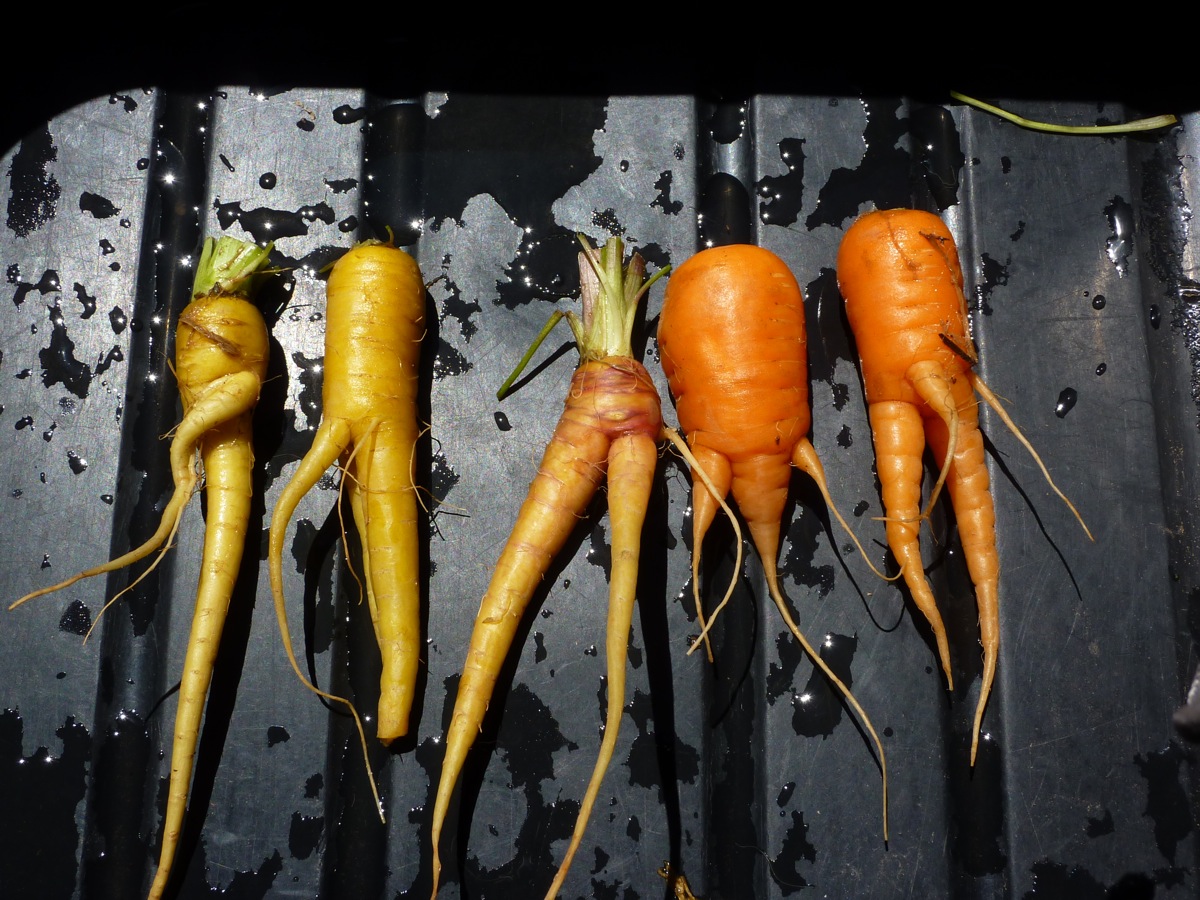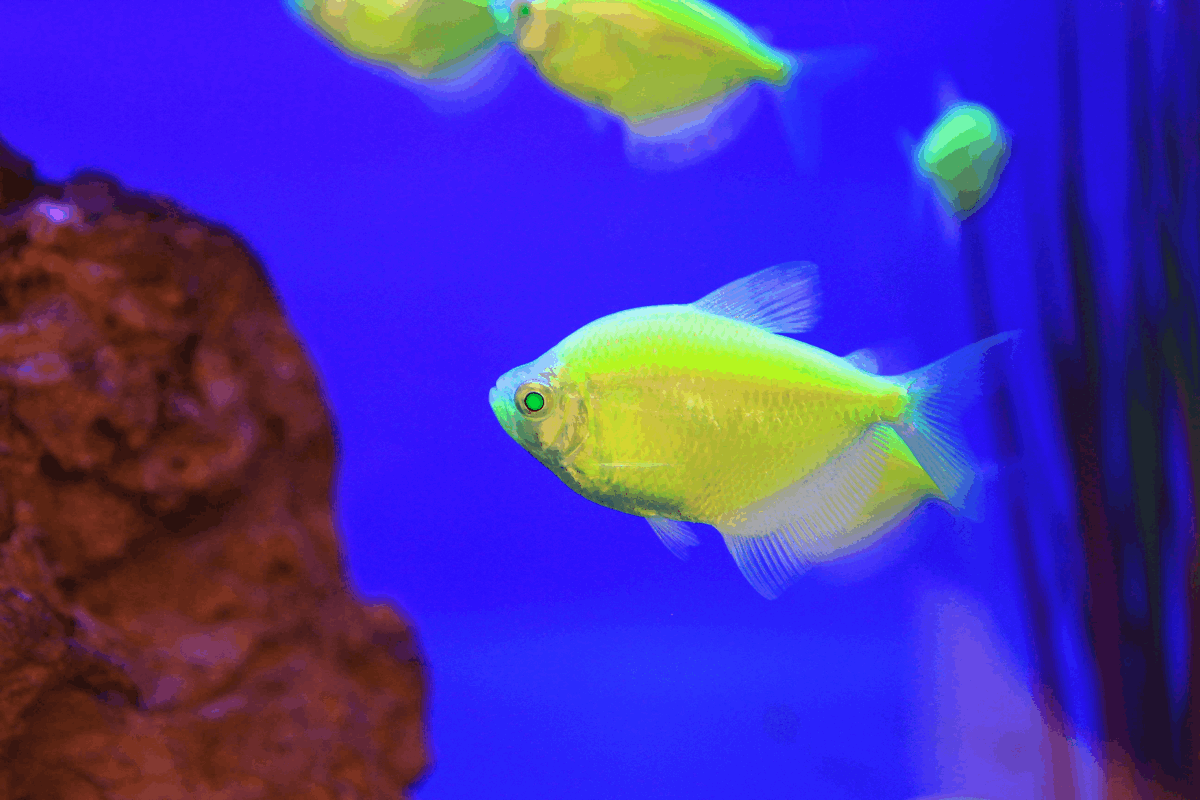With only 13,000 cheetahs left in the wild, the future of the world's fastest land animal is far from secure. Mary Wykstra, Director of Action for Cheetahs in Kenya, tells the story of nearly a decade spent observing the life of a cheetah she calls "Mom."
Nearly 40% of Americans don't believe in evolution, and acknowledgment of anthropogenic climate change is equally spotty. Acclaimed author Carl Zimmer spoke with Sage about how science communicators can begin to reach creationists and climate deniers, why Einstein makes for a great magazine cover, and what to do when your work gets slandered on the Daily Show.
Last week's featured article, Organic on the Offensive, inspired strong reactions from people on both sides of the genetically modified agriculture debate. Among the responses Sage received was a letter from Don Patterson, a Virginian farmer and the man who helped catalyze the lawsuit.
A group of farmers are waging a class-action lawsuit against giant GM seed company Monsanto. The farmers' argument? "An invention that poisons people is not patentable." Ben Goldfarb explores an ongoing case with the power to revolutionize the way America grows its food.
The newly opened Center for PostNatural History in Pittsburgh is the first museum that seeks to catalog man-made biological organisms. The man behind the museum is not a scientist, but an artist, one member of a growing DIY community that is exploring–and making–a new meaning of life as we know it.
Watch a series of audio slideshows accompanying Jonathan Minard's story on The Center for PostNatural History.

